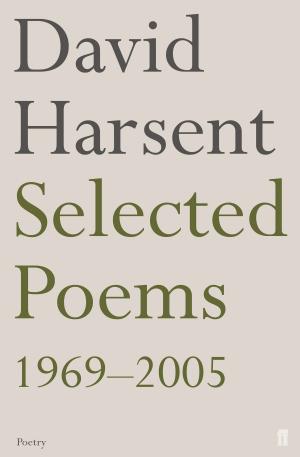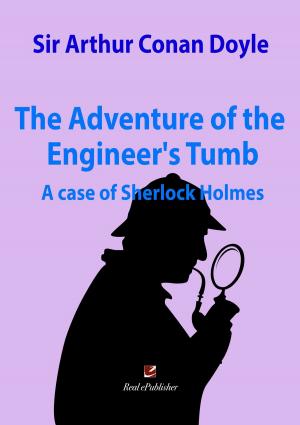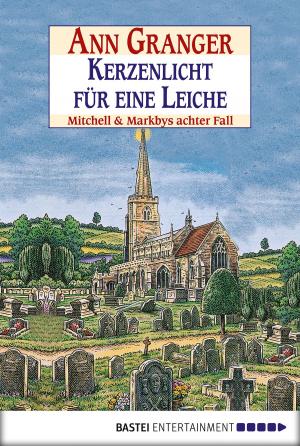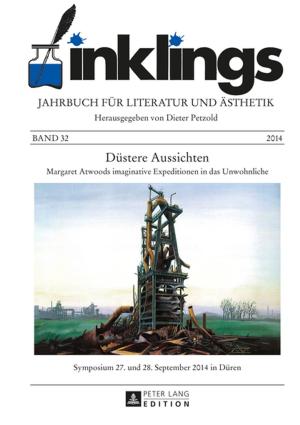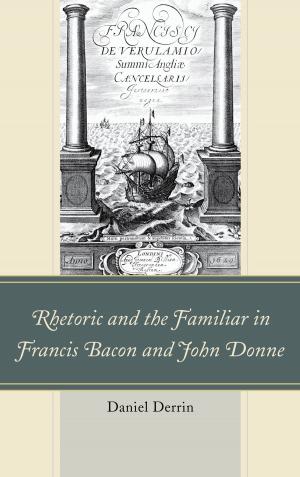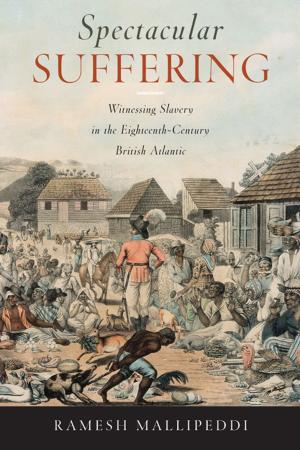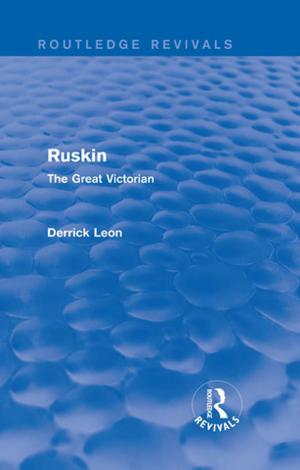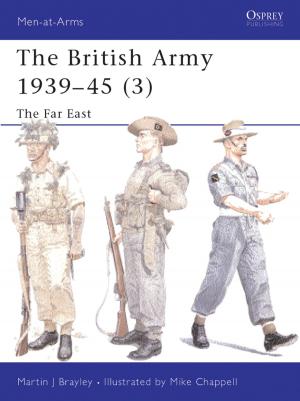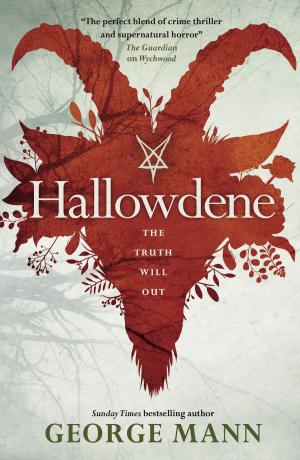British Canals
Is their resuscitaion practicable?
Nonfiction, Social & Cultural Studies, Political Science, Politics, Reference, Government, Public Policy, History, British| Author: | Edwin A. Pratt | ISBN: | 1230000291221 |
| Publisher: | LONDON JOHN MURRAY | Publication: | January 13, 2015 |
| Imprint: | Language: | English |
| Author: | Edwin A. Pratt |
| ISBN: | 1230000291221 |
| Publisher: | LONDON JOHN MURRAY |
| Publication: | January 13, 2015 |
| Imprint: | |
| Language: | English |
The appointment of a Royal Commission on Canals and Waterways, which first sat to take evidence on March 21, 1906, is an event that should lead to an exhaustive and most useful enquiry into a question which has been much discussed of late years, but on which, as I hope to show, considerable misapprehension in regard to actual facts and conditions has hitherto existed.
Theoretically, there is much to be said in favour of canal restoration, and the advocates thereof have not been backward in the vigorous and frequent ventilation of their ideas. Practically, there are other all-important considerations which ought not to be overlooked, though as to these the British Public have hitherto heard very little. As a matter of detail, also, it is desirable to see whether the theory that the decline of our canals is due to their having been "captured" and "strangled" by the railway companies—a theory which many people seem to believe in as implicitly as they do, say, in the Multiplication Table—is really capable of proof, or whether that decline is not, rather, to be attributed to wholly different causes.
In view of the increased public interest in the general question, it has been suggested to me that the Appendix on "The British Canal Problem" in my book on "Railways and their Rates," published in the Spring of 1905, should now be issued separately; but I have thought it better to deal with the subject afresh, and at somewhat greater length, in the present work. This I now offer to the world in the hope that, even if the conclusions at which I have arrived are not accepted, due weight will nevertheless be given to the important—if not (as I trust I may add) the interesting—series of facts, concerning the past and present of canals alike at home, on the Continent, and in the United States, which should still represent, I think, a not unacceptable contribution to the present controversy.
The appointment of a Royal Commission on Canals and Waterways, which first sat to take evidence on March 21, 1906, is an event that should lead to an exhaustive and most useful enquiry into a question which has been much discussed of late years, but on which, as I hope to show, considerable misapprehension in regard to actual facts and conditions has hitherto existed.
Theoretically, there is much to be said in favour of canal restoration, and the advocates thereof have not been backward in the vigorous and frequent ventilation of their ideas. Practically, there are other all-important considerations which ought not to be overlooked, though as to these the British Public have hitherto heard very little. As a matter of detail, also, it is desirable to see whether the theory that the decline of our canals is due to their having been "captured" and "strangled" by the railway companies—a theory which many people seem to believe in as implicitly as they do, say, in the Multiplication Table—is really capable of proof, or whether that decline is not, rather, to be attributed to wholly different causes.
In view of the increased public interest in the general question, it has been suggested to me that the Appendix on "The British Canal Problem" in my book on "Railways and their Rates," published in the Spring of 1905, should now be issued separately; but I have thought it better to deal with the subject afresh, and at somewhat greater length, in the present work. This I now offer to the world in the hope that, even if the conclusions at which I have arrived are not accepted, due weight will nevertheless be given to the important—if not (as I trust I may add) the interesting—series of facts, concerning the past and present of canals alike at home, on the Continent, and in the United States, which should still represent, I think, a not unacceptable contribution to the present controversy.

